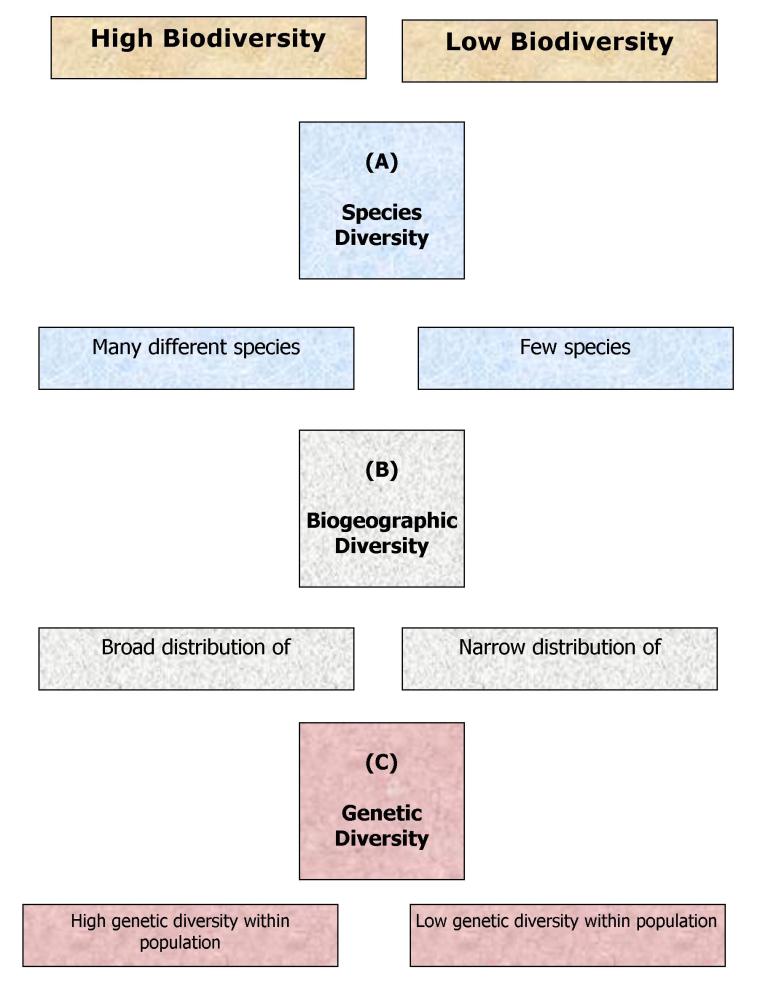
Navigating the site:
Richard Lewontin, The Triple Helix. contents
diversity | genetic determinism | randomness
Three significant steps lead from genetic code [genotype] to the creation of proteins:
- "Unlike test tubes, cells contain a very small number of many ...molecules. The DNA, for example, is contained in exactly two copies in each cell, and many other molecules are not much more numerous."
- The messenger RNA molecule [a polypeptide chain] that is an immediate copy of a gene that is being read by the cell must move out of the nucleus and into the cytoplasm in order to take part in the synthesis of proteins."
- "In the cytoplasm it must be inserted into a ribosome, the machine that actually manufactures a protein according to the specification carried by the RNA."
These processes...take time and occupy space and are quite unlike the picture of what happens...in a solution.
The consequence of there being a very small number of chemical units processed by spatially constrained intracellular machines is that there is considerable variation from cell to cell in the rate and number of molecules that are synthesized."
The Triple Helix, p. 36.
"The cause of their asynchrony is the random uneven distribution of the different kinds of molecules to the daughter cells at cell division."
"Such random processes must underlie a great deal of the variation observed between organisms, including variation of their central nervous systems."
p. 37.
Lewontin is critical of the belief that genes determine the capacity of an organism.
"This is the metaphor of the empty bucket. Genes determine the size of the bucket and the environment determines how much is poured into it. If the environment is poor, then none of the buckets will have much in it at all and all genotypes will do poorly."
"The inclusion of developmental noise in the process of development produces the schema shown... [revealing that]
The organism is determined neither by its genes nor by its environment nor even by the interaction between them, but bears a significant mark of random processes."
p. 38.
Richard Lewontin, The Triple Helix: Gene, Organism and Environment. (Cambridge, Mass.:Harvard University Press, 2000).
![]()
Genetics Index | What makes genetics significant? | History of Genetics | DNA discovery | RNA | Resistance| Visual images
"The Unseen Genome: Beyond DNA," genetic vs. epigenetic considerations:
Science Index | Genetics index | Population Index | Global Warming Index | Nature Index
Mayr | Thomas | Capra | Wilson | Hardin | Darwin | Margulis | Steingraber | Carr | Keller | Watson



